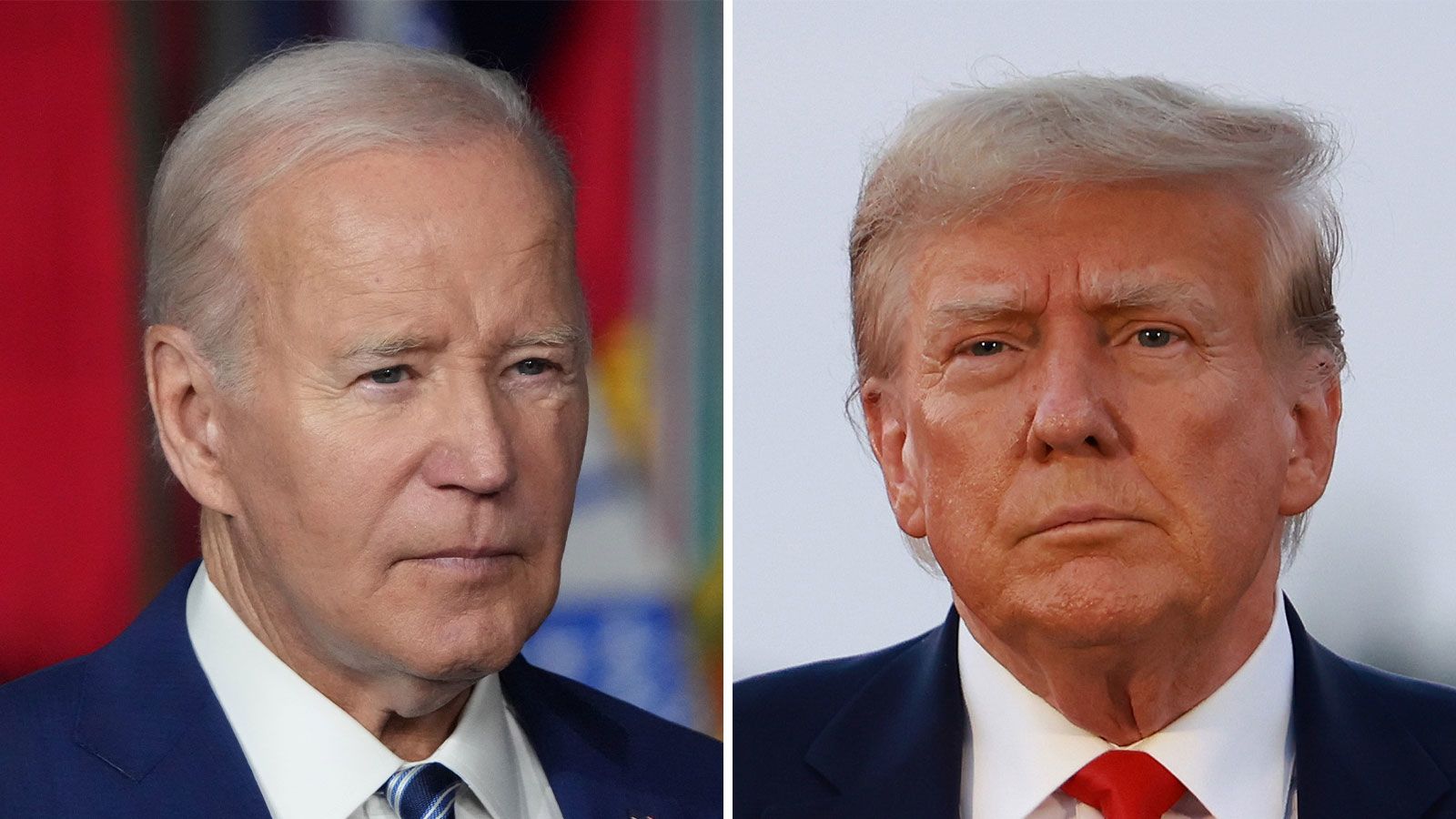US Presidential Elections: Nikki Haley leads Joe Biden with 55%, new poll shows
According to a recent poll conducted by Marquette Law School, President Joe Biden finds himself trailing behind the Republican presidential contender, Nikki Haley, by a margin of 10 points on a national scale. This data, as reported by The Hill, highlights a significant shift in public opinion regarding potential candidates for the next presidential election.
In a hypothetical match-up between Biden and Haley, the poll revealed that Haley commanded a substantial lead with 55%, while Biden trailed at 45%. This statistical snapshot, detailed in The Hill’s report, suggests a challenging scenario for the current President as he contemplates a potential re-election bid.
The survey, carried out from November 2nd to November 7th, involved the participation of 856 registered voters and 668 probable voters. The breadth of respondents provides a comprehensive overview of public sentiment, indicating a trend that may influence the political landscape in the upcoming election cycle.
The 10-point deficit Biden faces in this poll underscores the dynamic nature of political preferences and the potential for shifts in public sentiment over time. It also reflects the volatility of approval ratings and the challenges incumbents can encounter in maintaining broad-based support.
As political analysts scrutinize the findings, questions arise about the factors contributing to Biden’s lower standing in this particular matchup. Economic conditions, foreign policy decisions, and domestic issues may all play pivotal roles in shaping voter perceptions.
It’s essential to note that polls are snapshots in time and subject to fluctuations based on various factors, including evolving political events, policy initiatives, and public perceptions. As the nation navigates the complexities of contemporary governance, these polls serve as indicators of the ever-changing political landscape and the potential scenarios that may unfold in the lead-up to the next presidential election.
As President Joe Biden contemplates a potential second term, he faces the prospect of making history as the oldest American to secure a presidential election victory. Currently, Biden is set to turn 81 next year, making his potential re-election bid a noteworthy milestone in U.S. political history.
If he were to triumph in the election scheduled for November 2024, Biden would surpass the existing record for the oldest individual elected to the presidency. This significant feat would underscore the resilience and enduring political appeal of a leader who, despite his advanced age, continues to navigate the complexities of the presidency.
Biden’s potential re-election bid raises questions and discussions about the role of age in presidential leadership. It invites scrutiny of his health, cognitive abilities, and overall fitness for the demanding responsibilities of the highest office in the land. The prospect of an octogenarian president securing another term prompts considerations about the evolving expectations and perceptions of leadership in American politics.
The 2024 election, should Biden choose to run and emerge victorious, would not only solidify his legacy but also contribute to ongoing debates about age and leadership in the context of the U.S. presidency. As the nation grapples with various challenges, including economic issues, global dynamics, and domestic concerns, voters will weigh the experience and wisdom of an incumbent against the potential for new leadership.
The outcome of the 2024 election, if Biden decides to run, will undoubtedly shape the narrative of his political career and leave a lasting impact on the historical record of American presidential elections.





